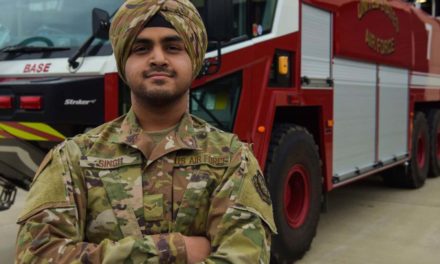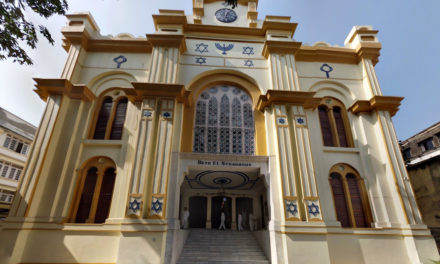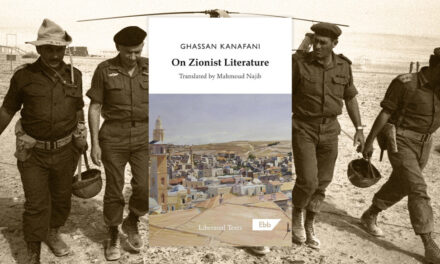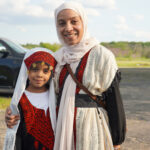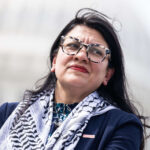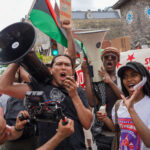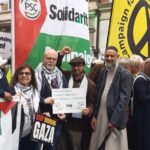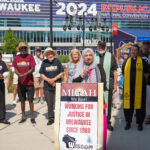AAREF WATAD/AFP
As dusk settles on the forest of gutted buildings around them, Tareq Abu Ziad and his family break the Ramadan fast at the remains of their home.
The northern Syrian town of Ariha looks like the scene of a monster earthquake – a silent, grey sea of loose cinder blocks and mangled iron rods.
Abu Ziad had to make a little clearing in the rubble on his roof to lay out three foam mattresses for his wife and children to sit on as they share their Iftar meal.
“Now, my family and I are here on top of the destruction,” the 29-year-old father of three said. “We are re-living a very difficult and painful memory. I pray that God doesn’t let anyone else experience this.”
He and his family fled Ariha late last year when Syrian government troops, backed by Russian aircraft, launched an offensive on the town.
Within a few weeks, about one million civilians fled the assault on the wider Idlib region, the last stronghold of opposition to the government of President Bashar al-Assad after nine years of war.
Ariha’s entire population headed north as much of the town was razed to the ground.
But as a ceasefire held, some of the most destitute have since opted to return and look for cheap accommodation amid the ruins.
Abu Ziad came back last month and found a place to stay.
But he wanted to share at least one Iftar – the meal that breaks the dawn-to-dusk fast – where his home used to be.
“Every year, we used to spend Ramadan here, and we wanted to spend one day of this Ramadan here,” he said.
There was not a soul around them, just row after row of destroyed homes etching out a scraggly, sinister skyline in the twilight.
The home’s kitchen is long gone, but Abu Ziad’s mother said they came prepared.
“We brought ready meals from outside,” she explained. “The most important thing is that we re-live our memories and eat in our home.”
An aerial view shows the town of Ariha in the southern countryside of the Idlib. Several weeks into a fragile truce that took effect as the novel coronavirus outbreak was turning into a pandemic, hundreds among nearly one million who fled their homes during a deadly regime offensive against the region of Idlib have returned to Ariha
People have returned to their homes in Ariha thinking that it is better than risk having their children catch COVID-19 in packed displacement camps.
Abu Ziad and his family had to make a little clearing in the rubble on his roof to lay three foam mattresses for them to sit and share their Iftar meal.
The displaced Syrian family of Tareq Abu Ziad, from the town of Ariha in the southern countryside of the Idlib province, break their fast amid the rubble of their destroyed home.
‘Now, my family and I are here on top of the destruction,’ the 29-year-old father of three said.
Tareq Abu Ziad and his family fled Ariha late last year when Syrian government troops, backed by Russian aircraft, launched an offensive against the town.
‘We are re-living a very difficult and painful memory. I pray that God doesn’t let anyone else experience this,’ says Tareq
‘The most important thing is that we re-live our memories and eat in our home,’ says Tareq’s mother.









